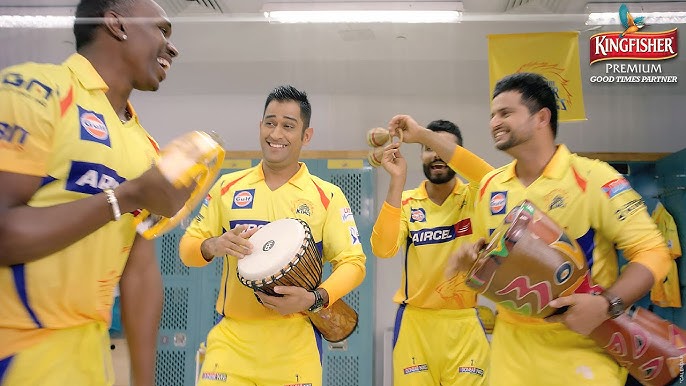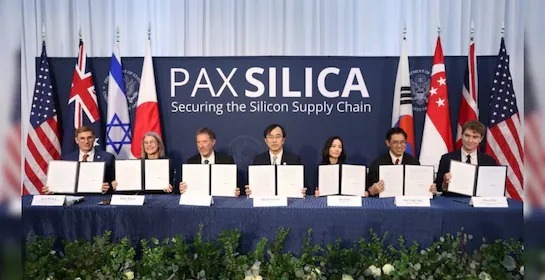1. This petition under section 115 read with section 151, Civil Procedure Code has been filed against the order dated 5.8.93 passed by the learned Munsiff No. 2, Karimganj in Title Suit No. 302 of 198 7. When the matter came up on 13.10.93 notice of motion was issued. Though the opposite parties have appeared through counsel, no counter has been filed and accordingly at the stage of admission the matter was taken up for final disposal.
2. The impugned order was passed on a petition filed by defendant No. 1 praying for reopening the order dated 29.8.90 and for adducing further evidence. The said petition was accepted and the defendant was allowed to adduce further evidence. From the impugned order it appears that the defendant also filed a petition calling for some documents and the said prayer , was allowed. In the impugned order it was also recorded that the plaintiffs declined to adduce further evidence as the case was fixed for argument.
3 Heard Mr. N. Choudhury, learned counsel for the petitioners as well as Mr. CK Sanaa Barua, learned counsel for the opposite parties. It is noted from the order that the title suit is pending since 1987. According to the learned counsel for the opposite parties though 29.8.90 was fixed for argument, the present petition was filed by the defendant for adducing further evidence after about two years that ie 11.11.92. on this ground it has been urged that the petition should have been dismissed by the learned trail Court and by not doing so the Court below failed to exercise us jurisdiction. 1 may state here that the contention of the learned counsel for the opposite parties may have force but for determining the real issues between the parties and for finality of the dispute, the Court may allow any party to adduce evidence if it is satisfied that it is necessary to do so. I also had from the impugned order that the learned trial Court rightly recorded that the plaintiffs tide could not satisfy as to how the plaintiffs would be prejudiced if, the prayer for adducing further evidence at the stage of argument is allowed. This finding has not been challenged seriously before this Court.
4. Another point raised on behalf of the opposite parties is that the present petition is hit by Rule 3A of Order 18, Civil Procedure Code inasmuch as the defendant ought to have offered himself to give evidence before other witnesses were examined. It has also been urged that this provision is mandatory. The said Rule 3A, inter alia, provides that where a party himself wishes to appear as a witness, he shall so appear before any other witness on his behalf has been examined, unless the Court, for reasons to be recorded, permits him to appear as his own witness at a later stage, (emphasis supplied)
Thus, it is clear that it is purely on the discretion of the Court to allow any party to give evidence even after his other witnesses are examined. However, the Court has to record the reasons.
5. Attention of this Court has been drawn to a decision of Calcutta High Court in Bholanath Moadal vs. Kalipada, Mondal AIR 1981 Calcutta 295 wherein it was held by the learned Single Judge of the Calcutta High Court that Rule 3A is directory and not mandatory. It was also held that permission can be granted by the Court to the party to examine himself after his witnesses are examined. Similar view was also expressed by the Patna High Court in Pravesh Kumari vs. Rishi Prasad, AIR 1986 Patna 315.
6. I am in respectful agreement with the views expressed by both Calcutta and Patna High Courts and I hold that Rule 3A of Order 18, Civil Procedure Code is not mandatory but directory in nature and further the trial Court has discretion to allow any party to examine himself even after his witnesses are examined. However, for doing so reasons must be recorded. In my opinion, while recording such reasons, the trial Court shall have to consider whether examination of the party at the subsequent event would prejudice the case of the opposite parties la the case in hand, the trial Court has recorded this reason which I accept.
7. A decision of the Madras High Court in Ayyasami Gounder vs. TS Palanisami, AIR 1990 Madras 237 has been brought to the notice of this Court. In that case the learned Single Judge of the Madras High Court considered the provisions of Rule 3A of Order 18, Civil Procedure Code and held that permission for examining the party himself after examination of the other witnesses should be obtained first and the learned Single Judge set aside the order which was granted after examination of other witnesses for the party. With due respect I am unable to accept the view expressed by the learned Single Judge of the Madras High Court as I have already held that Rule 3A is not mandatory and directory in nature and the Court has got wide power in this regard but has to record reasons. Since the Rule maker has given powers to the Court, I am unable to hold that permission should be obtained first. I would like to record a word of caution that while granting permission at a later stage, the Court must be very careful and the party making such prayer has to make out a case to the satisfaction of the Court. While passing such an order the primary consideration for the Court should be not to prejudice the other party and also should not allow the party who wants to be examined himself to make out a new case not pleaded in the pleadings.
8. Situated thus, the present petition is dismissed as I do not find any jurisdictional error in the impugned order. As the suit is pending since 1987, the parties shall appear before the trial Court within 15 days from the date of this judgment and order and thereafter the Court shall fix a firm date within a month from the date of the appearance of the parties for examination of the defendant and under no circumstances the defendant shall be allowed adjournment. 1 may add here that the prayer of the defendant to call for some documents has been allowed and the Court shall find out whether some of the documents are public documents and if that be so these may be marked as exhibits. Regarding other documents no further witnesses shall be allowed to be examined on behalf of the defendant. I further direct that the defendant shall pay cost of Rs. 300/ as a condition precedent and the amount shall be deposited on the date of the first appearance before the learned trial Court as directed above. There will be no order as to costs.

